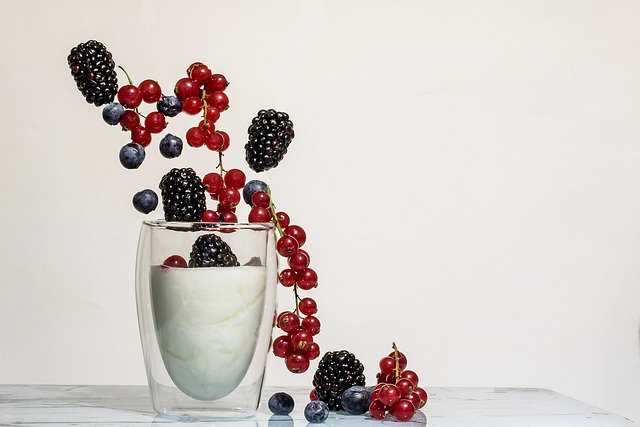Beyond Yogurt: Surprising Sources of Probiotics You Should Know About
Introduction
In recent years, probiotics have gained massive popularity for their potential health benefits. These beneficial bacteria are known to improve digestion, support immune function, and promote overall gut health. While yogurt is often hailed as the go-to source of probiotics, there are many other surprising sources that can provide you with these beneficial microorganisms. In this article, we’ll explore some lesser-known sources of probiotics that you should know about.
Kefir
Kefir is a fermented milk drink that originated in the Caucasus region. Similar to yogurt, it is made by adding kefir grains to milk, allowing the grains to ferment the milk’s sugars. The fermentation process produces a tangy, slightly carbonated beverage packed with probiotics. Kefir also contains a range of vitamins, minerals, and essential amino acids, making it a nutrient-dense option for promoting gut health.
Sauerkraut
Sauerkraut is a popular fermented cabbage dish that has been consumed for centuries. It is rich in live lactobacillus bacteria, which are known for their probiotic benefits. The fermentation process enhances the cabbage’s nutritional value by breaking down the fibers, making it easier to digest. Incorporating sauerkraut into your diet can boost your gut health and improve digestion.
Miso
Miso is a traditional Japanese seasoning made by fermenting soybeans with salt and the fungus Aspergillus oryzae. The fermentation process can take anywhere from a few weeks to several years, resulting in a paste with a unique umami flavor. Miso is not only delicious but also rich in beneficial bacteria. Consuming miso soup or adding miso paste to your recipes can introduce probiotics into your diet and enhance your gut health.
Kimchi
Kimchi is a spicy Korean side dish made from fermented vegetables, primarily cabbage and radishes. The fermentation process involves lactic acid bacteria, which help to break down the vegetables and create a tangy, probiotic-rich dish. Kimchi is not only a great source of probiotics but also contains vitamins A, B, and C, as well as valuable antioxidants. Adding kimchi to your meals can provide numerous health benefits, including improved digestion and immune function.
Kombucha
Kombucha is a fermented tea beverage that has gained popularity for its probiotic content and refreshing taste. It is made by fermenting sweetened black or green tea with a SCOBY (symbiotic culture of bacteria and yeast). The fermentation process converts the tea’s sugars into probiotics, organic acids, and antioxidants, creating a fizzy, tangy drink. Incorporating kombucha into your daily routine can enhance your gut health and provide you with a wide range of beneficial substances.
Conclusion
While yogurt is a well-known source of probiotics, there are numerous other surprising sources that can provide you with these beneficial microorganisms. Incorporating kefir, sauerkraut, miso, kimchi, and kombucha into your diet can diversify your probiotic intake and promote a healthy gut. Remember to opt for naturally fermented varieties to ensure maximum probiotic content. So, next time you’re looking to boost your gut health, go beyond yogurt and explore the exciting world of probiotic-rich foods!







